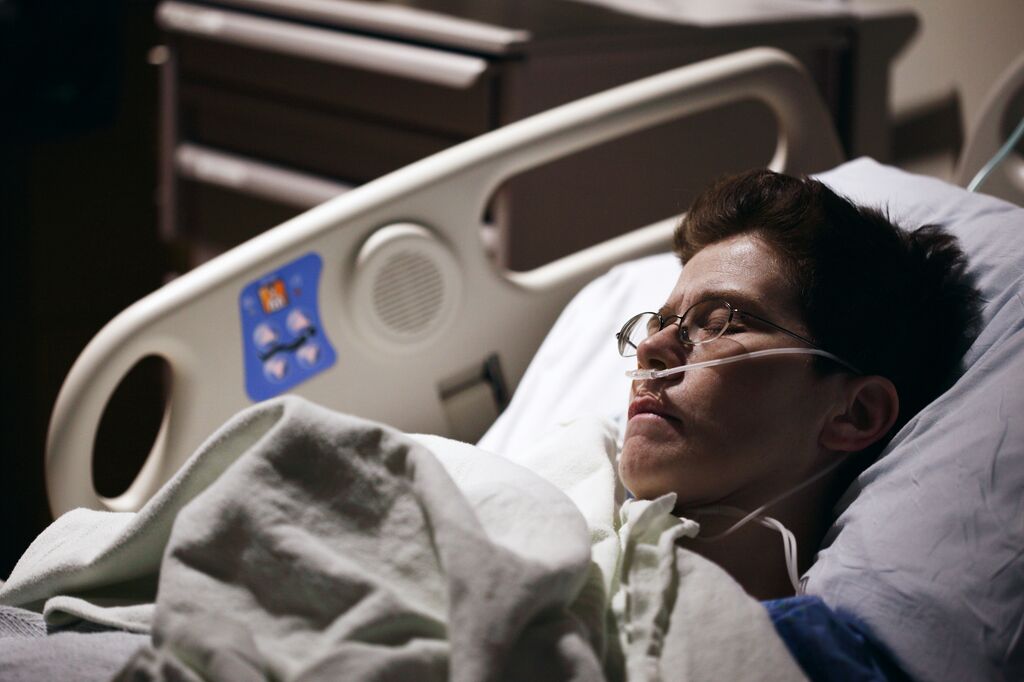Assisted Suicide
Ex-Chief Coroner: Assisted Dying Bill risks hiding abuse without coroner oversight

Assisted deaths should not bypass coronial investigation, the former chief coroner for England and Wales has told a House of Lords committee.
Concerns Over Removal of Coroner Oversight
Retired judge Thomas Teague criticised the Terminally Ill Adults (End of Life) Bill, which classifies assisted deaths as “natural”, meaning they would be reviewed by medical examiners, not coroners.
He described this as a “retrograde step” that could allow coercion, deception, or abuse to go undetected.
“Coroners are best equipped to pursue wider and deeper inquiries than purely medical ones,” he said. “It is dangerous to take any element of control over the investigation away from coroners.”
Dr Suzy Lishman of the Royal College of Pathologists agreed: “Lawyers, not doctors, are the most appropriate professionals to review assisted deaths.”
Divided Medical Opinion
However Dr Aneez Esmail, who was involved in the Harold Shipman Inquiry, disagreed with Judge Teague.
He said: “I cannot think of any death that would be the subject of greater scrutiny in advance of the person dying than an assisted death.”
He argued that the proposed review by medical examiners, with referral to coroners when necessary, maintains safety while showing compassion to families.
Calls for Stronger Safeguards
Dr Luke Geoghegan from the British Association of Social Workers urged changes to the expert panel overseeing assisted suicide applications. He said all decisions should be unanimous and warned that current contradictions in the Bill could undermine public confidence.
Significantly. he added that the social care system is "in crisis", and for people who cannot access the support and care they need “an assisted death may be something which you wouldn’t have considered otherwise”.
The House of Lords committee will continue taking evidence until early November. A full debate is scheduled for 14 November.
Share
